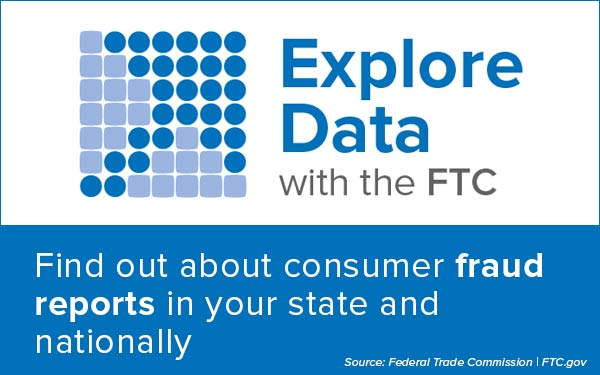The Federal Trade Commission has sent letters to 50 online marketplaces nationwide notifying them about their obligation to comply with the new Integrity, Notification, and Fairness in Online Retail Marketplaces for Consumers Act – or the INFORM Consumers Act – as soon as it takes effect on June 27.
“The INFORM Consumers Act requires online marketplaces to protect consumers from counterfeit, unsafe, and stolen goods by verifying their high-volume third-party sellers’ identities, and making it easier for consumers to report suspicious marketplace activity,” said Samuel Levine, Director of the FTC’s Bureau of Consumer Protection. “The Commission will enforce the Act to the fullest extent possible and will collaborate with our state partners to hold online marketplaces accountable.”
The letters announced today enclose a copy of the act, highlight the responsibilities the act places on online marketplaces, and urge that businesses carefully review the statute and take all steps necessary to fully comply by June 27. In the letters, FTC staff also urge online marketplaces to communicate with their third-party sellers about the information the act requires to be collected, verified, and disclosed.
Finally, the letters emphasize that a violation of the act may be treated as a violation of an FTC rule, and thus noncompliant online marketplaces may face enforcement that could result in civil penalties of $50,120 per violation. The letters are informational and the FTC is not publicly releasing the names of the recipients.
Understanding Compliance Obligations
As part of the FTC’s effort to fully inform the public about the provisions of the INFORM Consumers Act and to put businesses on notice of their obligations as of June 27, it has developed business education materials that are available on the agency’s website. “Informing Businesses About the INFORM Consumers Act,” summarizes how online marketplaces can comply with the act when it goes into effect at the end of the month with links to the act itself.
The lead staff attorneys on this matter are Carl Settlemyer and Tiffany Woo in the FTC’s Bureau of Consumer Protection.
The Federal Trade Commission works to promote competition and protect and educate consumers. The FTC will never demand money, make threats, tell you to transfer money, or promise you a prize. Learn more about consumer topics at consumer.ftc.gov, or report fraud, scams, and bad business practices at ReportFraud.ftc.gov. Follow the FTC on social media, read consumer alerts and the business blog, and sign up to get the latest FTC news and alerts.

